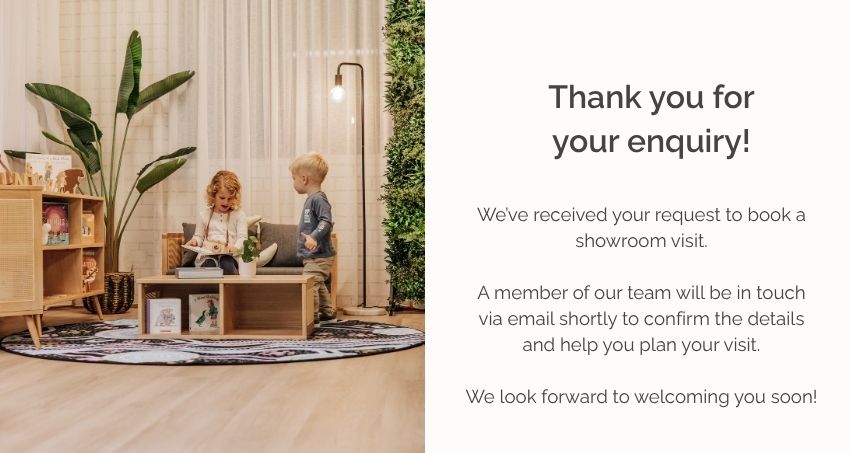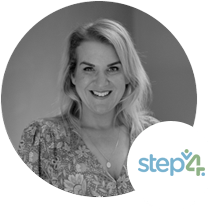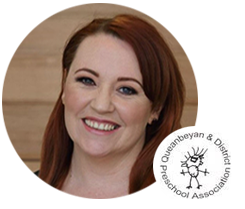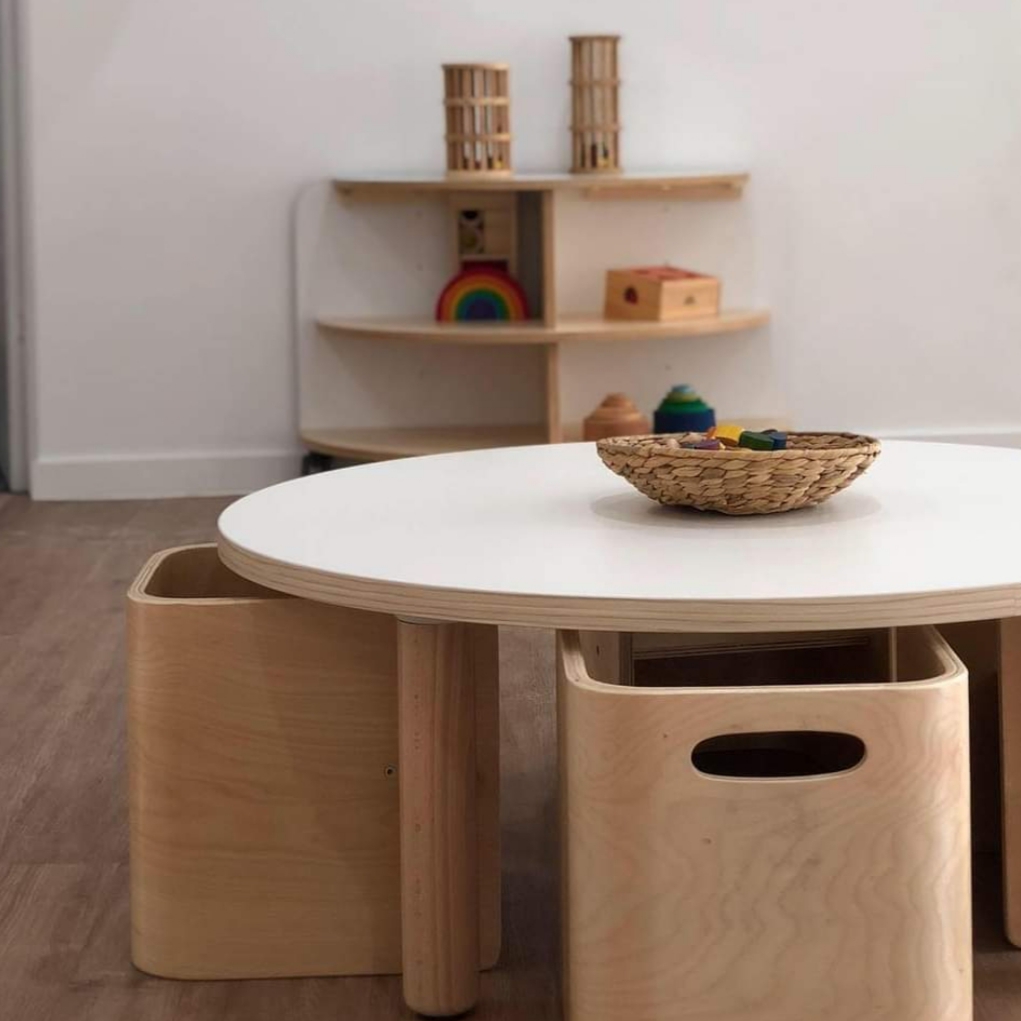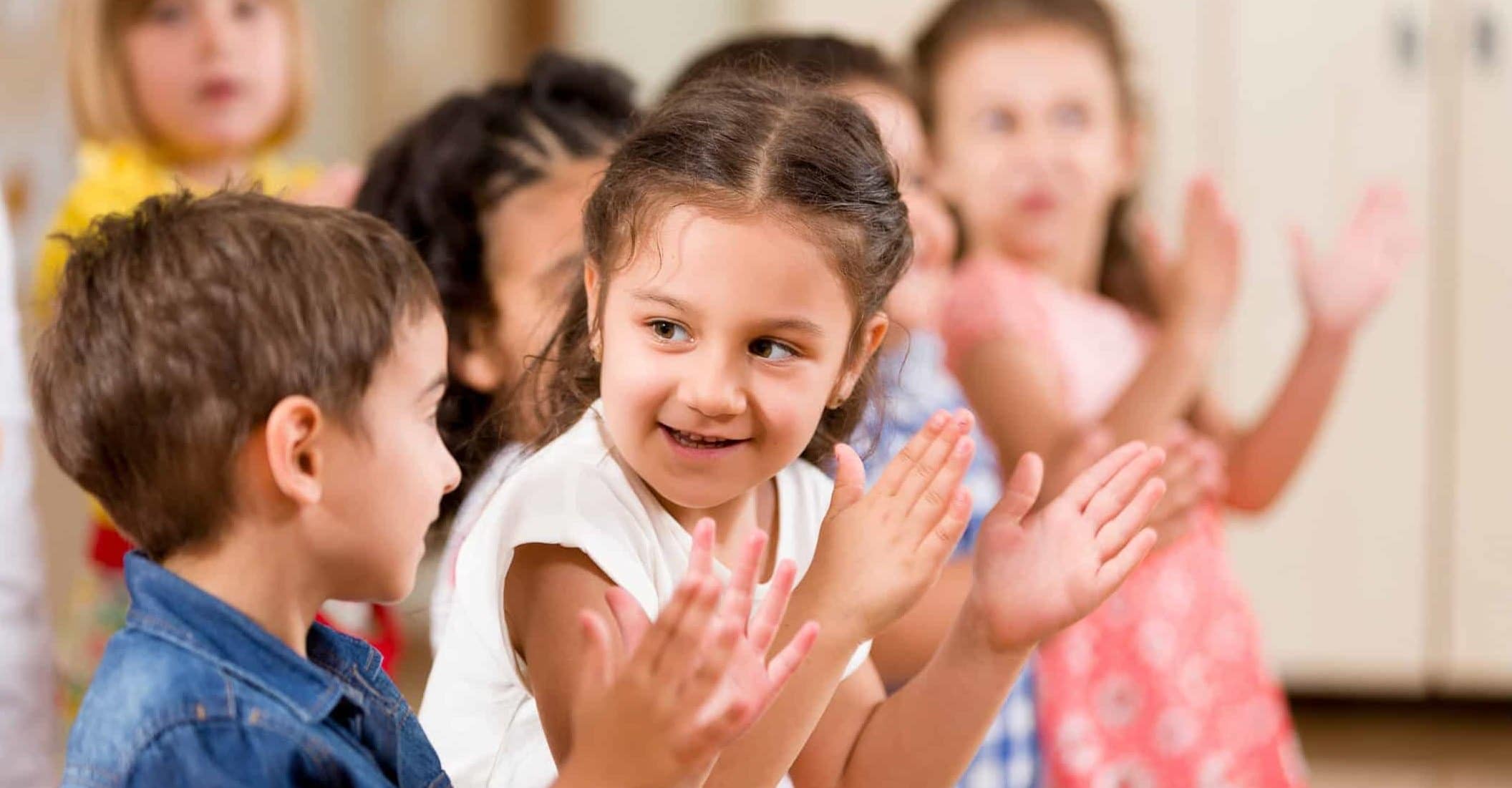
5 Simple Hacks for Implementing the EYLF into Your Daily Practices
The Early Years Learning Framework or the EYLF as its commonly known provides a guideline for Early Learning services with regard to children’s development and learning and describes early childhood as a period of Being, Belonging and Becoming.
With services striving to implement and embed the Framework into daily practice, here are 5 simple hacks to ensure you are getting it right!
1. EYLF Principal: Secure, respectful and reciprocal relationships
Your interactions with the children and families in your care will greatly impact their sense of Belonging. Ensure you have positive interactions with the children and display a respect for their thoughts and feelings – let them have voices! This can be done with thorough child and family involvement in the development of the programs. Use the children’s voices and ideas in developing plans and show respect for their contribution.
2. EYLF Principal: Partnerships
The saying goes, “it takes a village to raise a child” and the EYLF encourages early learning facilities to develop partnerships and collaborations with families as well as professionals and others in the community to encourage a learning experience that is holistically meaningful to the children in your care. Provide community events that can involve people in the local community to be involved in, include excursions to locations and venues relevant to the children in your care and work closely with parents to ensure the care environment is not a closed off world with little to no connection with the outside environment. Ensure your environment is one that is warm and inviting to members of the community as well as the families and children that attend. Assist with fundraising events for local charities that will directly benefit the local community.
3. EYLF Principal: Partnerships
It is vitally important that early childhood educators have a belief that all children in their care are able to succeed regardless of their background, varying degree of ability or cultural backgrounds. This belief will translate into a program implemented that strives for greatness for all children. Setting goals for children regularly will give educators a guide to each child’s individuality and drive their development. These should be done with children and family’s involvement to create and overall partnership approach.
4. EYLF Principal: Respect for diversity
Not one child in your care will be the same as any other. The values and beliefs of each family will vary. It is important that early childhood educators invest time in learning about each individual child and their family and display respect and value in their everyday practice. Seek information from families during the enrolment process on their background and values. Ensure your displays are reflective of a variety of cultures, family units, practices and environments to demonstrate an acceptance. Use home language where possible in your day-to-day interactions. In Australia it is extremely important to promote an understanding of Aboriginal and Torres Strait Islander ideals into our programs as well.
5. EYLF Principal: Ongoing learning and reflective practices
Critically reflect! As educators it is a must that we continually reflect on our practice and use this reflection to improve and evolve. Documenting these reflections will provide a useful tool to look back on and track growth as a team and as an individual. Keep a reflection journal or diary to jot notes in and future plans. Reflect on your philosophy and practice on an ongoing basis. Ensure as an educator you are continually seeking to improve your professional knowledge in an industry that is consistently changing. Seek professional development regularly to assist in supporting children’s learning.







